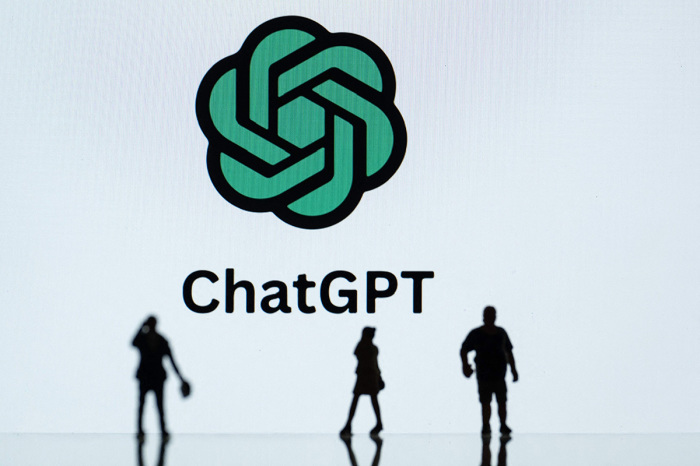Developer Offer
Try ImaginePro API with 50 Free Credits
Build and ship AI-powered visuals with Midjourney, Flux, and more — free credits refresh every month.
Christians Test ChatGPTs Spiritual Interpretation
A fascinating question is making waves online: Can ChatGPT interpret speaking in tongues? This query is at the heart of the "ChatGPT Tongues Challenge," a growing trend among Charismatic and Pentecostal Christians who are testing the limits of OpenAI's chatbot with the spiritual practice of glossolalia.

The ChatGPT Tongues Challenge Emerges
Shawn Bolz, a minister who was recently discussed in relation to allegations of fabricated prophecies, highlighted this phenomenon in a recent online discussion about God and technology. He shared that a journalist friend prompted him to try it after she received what appeared to be interpretations of her prayer language from the AI.
"It's become a YouTube trend where people are speaking to ChatGPT in their spiritual language that they have from God and it's actually interpreting some of the words for them, sometimes whole phrases for them," Bolz explained. He even claimed to have seen an instance where ChatGPT allegedly translated a prayer language as "ancient Sumerian … that somehow ChatGPT understood."

Bolz expressed his amazement, stating, "I think that's really wild that there's languages being spoken by Christians in their prayer language and we're seeing AI catch up to some of the spiritual fruit that we have as Christians. Especially those of you who are charismatic or Pentecostal, and you guys believe in speaking in tongues, it's pretty profound.”
A Viral Proponent and Her Defense
One of the most prominent figures in this trend is Renée M. Simpson, a Christian positive psychology coach known online as Well Diva. Simpson gained significant attention after recording herself praying in tongues and using ChatGPT for an interpretation.
Facing criticism and accusations that AI is demonic, Simpson posted a video to defend her actions. She pushed back against the backlash, saying, "The overwhelming response was AI is demonic." Simpson clarified her perspective: "Can AI interpret tongues and is AI demonic? First of all, AI is just information that people put in. So I guess if the person putting the information in is demonic, then maybe the information coming out is demonic."
She insisted her intentions were pure. "I was just looking for confirmation of what I was feeling in my spirit, and that’s what I got. I got confirmation and I felt very, very, very much peace about the message that I got back,” she said.
Simpson further argued that if God has historically used unconventional methods to communicate, AI shouldn't be dismissed out of hand. "There are Scriptures that show God speaking through donkeys, dreams, burning bushes and a variety of ways of communicating with us. So I think a lot of this is coming from people just not being familiar with technology... To call something demonic, first you want to know, does it bring peace, does it bring healing, does it align with God’s character."
A Reality Check on AI and Glossolalia
Speaking in tongues, from a Christian perspective, is understood as the language of the Holy Spirit, a gift first recorded on the day of Pentecost in the biblical book of Acts.
However, from a technical standpoint, research indicates that ChatGPT cannot genuinely translate glossolalia. The AI is trained on vast datasets of existing, known human languages. It lacks the framework to understand or interpret sounds that do not correspond to actual words or established linguistic structures.
When this reporter tested the chatbot with glossolalia, ChatGPT itself acknowledged its limitations. It stated that the translation provided was “a creative interpretation, not a literal translation, since the original doesn’t map to any known language.” This suggests the AI is pattern-matching sounds to words it knows, rather than performing a true translation of a spiritual language.
Compare Plans & Pricing
Find the plan that matches your workload and unlock full access to ImaginePro.
| Plan | Price | Highlights |
|---|---|---|
| Standard | $8 / month |
|
| Premium | $20 / month |
|
Need custom terms? Talk to us to tailor credits, rate limits, or deployment options.
View All Pricing Details

